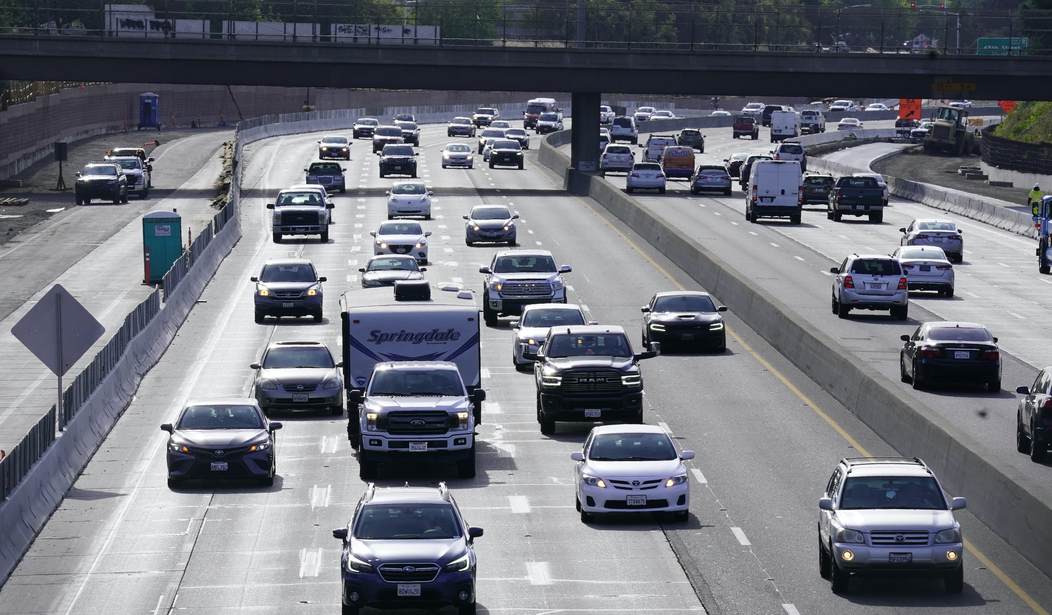For a state built on the selling point of unlimited freedom, California sure has a lot of authoritarians making laws.
The state legislature passed a bill that requires all cars built after 2030 to give a beep when the driver exceeds the speed limit by 10 MPH. Violations of the law wouldn't carry just a fine. The state would consider speeding 10 MPH over the limit a crime.
California state Sen. Scott Wiener was surprised by the vicious pushback from citizens to the bill. However, the current language of the bill has been modified considerably from the original text.
As introduced, the bill required "the GPS location of the vehicle [to be] compared with a database of posted speed limits, to determine the speed limit, and electronically limi[t] the speed of the vehicle to prevent the driver from exceeding the speed limit by more than 10 miles per hour." As introduced, the bill would have made "every passenger vehicle, motortruck, and bus manufactured or sold in the state" of the 2027 model year and beyond incapable of driving more than 10 miles per hour above the limit.
Yikes.
Wiener believes reckless driving has increased since the pandemic and that the state should intervene to solve this problem.
Wiener emphasizes that "dangerous speeding [is] placing all Californians in danger, and by taking prudent steps to improve safety, we can save lives." The senator's concern for public safety is well taken, but there's already a prudent, private, and voluntary alternative: auto insurance programs that use apps to track driving habits and reward safe drivers with discounted rates. Programs like Allstate's Drivewise, USAA's SafePilot, GEICO's DriveEasy, and State Farm's Drive Safe & Save enrolled 16.8 million North American drivers in 2022, according to market researcher Berg Insight.
“It did touch a nerve,” Weiner said in an interview. “The day that I announced the original version of the bill, one of my very best friends in the world texted me to tell me what a terrible idea it was. And then 10 minutes later, his boyfriend texted me to say, ‘thank you for getting my boyfriend to slow down.’”
If you need the government to tell you to slow down, you're probably either still in diapers or mentally challenged to the point you shouldn't be driving anyway.
There are "passive" and "active" means of what the government calls "speed assistance technology " (why do government euphemisms always sound so harmless?).
"Active" speed assistance technology physically stops drivers from exceeding the speed limit. "Passive" assistance only warns drivers they're going over the limit.
As introduced, Weiner's bill would have made "every passenger vehicle, motortruck, and bus manufactured or sold in the state" of the 2027 model year and beyond unable to drive more than 10 miles per hour above the limit.
Ultimately, Wiener relented and amended the bill in April. Given that modern seatbelt alarms require "repetitive, successive, or ongoing warnings each time a vehicle exceeds the speed threshold," Californian drivers have reason to be grateful that such alarms are merely not precluded in the current bill. They also have reason to regard the bill as superfluous.
The most popular phone-based navigation apps, Google Maps, (Apple) Maps, and Waze include visual and auditory signals when drivers go over the speed limit whatsoever. Still, speed signals are optional on these apps, and not everybody is as dependent on Google Maps and CarPlay.
If you're going to give me fascism, at least let me drive as fast a I want.










Join the conversation as a VIP Member